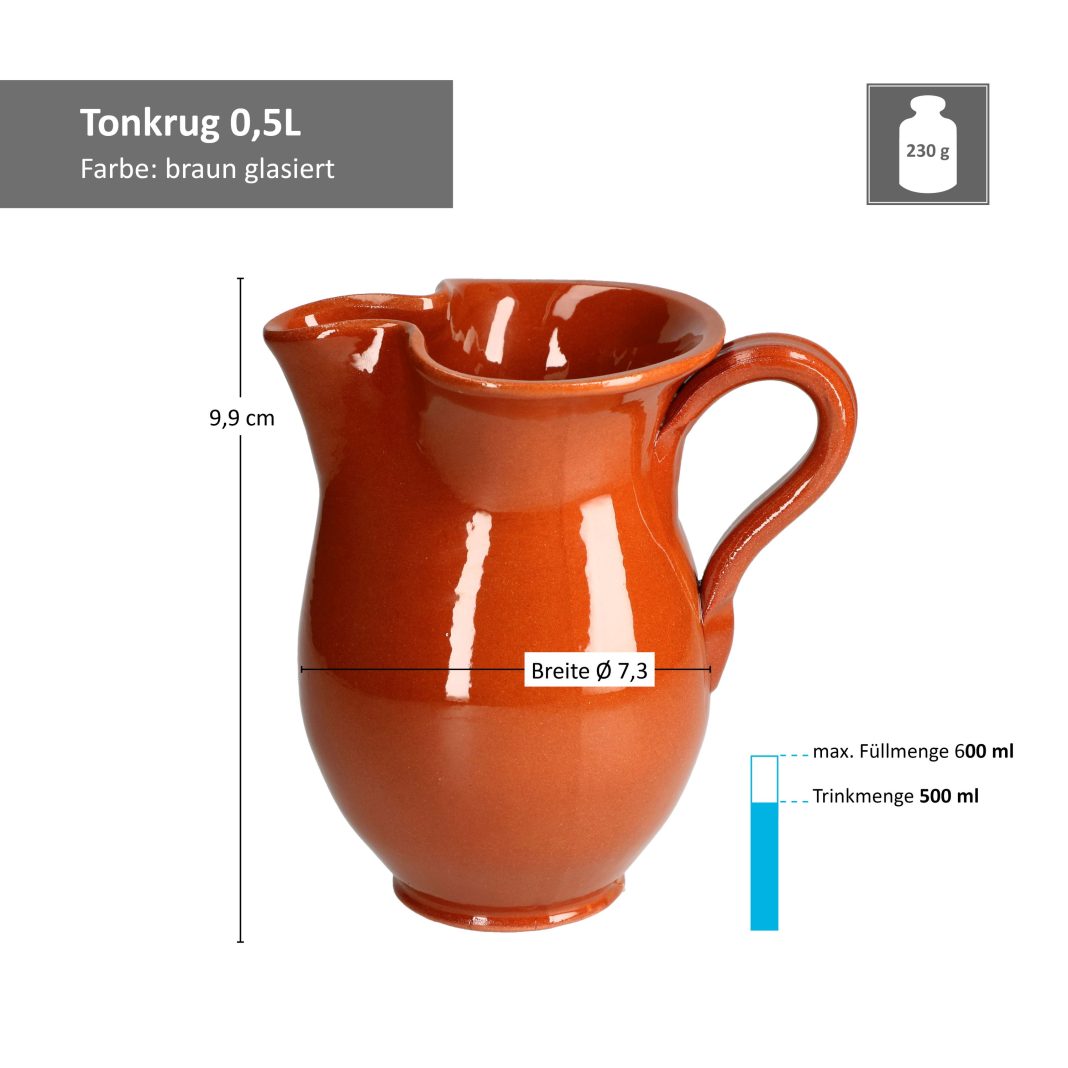
Title: Australian Farmers Rally Against Live Sheep Export Ban and More
Introduction:
Over a thousand farmers gathered outside Parliament House on Sept. 10 to protest the federal government’s live sheep export ban. The rally, supported by the federal opposition and One Nation, addressed various concerns affecting regional communities. This article delves into the key points of contention, highlights notable statements from industry figures and politicians, and explores the opposition’s stance on the ban.
The Live Sheep Export Ban and Point of Contention:
One of the main grievances expressed by farmers is the government’s planned phase-out of live sheep exports by 2028. The ban gained momentum following a 2018 report by 60 Minutes, which exposed the mistreatment of sheep on a vessel en route to the Middle East. However, farmers argue that the ban overlooks their voices and dismisses the economic significance of live sheep exports.
Additional Issues Impacting Farmers:
Apart from the live sheep export ban, farmers voiced concerns over other policies affecting their livelihoods. These include the resumption of water buybacks under the Murray-Darling Basin Plan, increased biosecurity charges, superannuation contribution increases, and the impact of energy development, particularly renewables. These issues compound the challenges faced by farmers and underscore the need for greater government support.
Industry Figures Speak Out:
Mark Harvey Sutton, CEO of the Australian Livestock Exporters’ Council, expressed disappointment in the government’s disregard for farmers’ perspectives. Sutton emphasized that the government’s actions ignore the voices of those directly impacted by their policies. This sentiment resonated with the attendees who believe their concerns have not been adequately addressed.
Ben Sutherland’s “Keep the Sheep” Campaign:
Ben Sutherland, spokesperson and leading figure of the “Keep the Sheep” campaign, addressed the crowd, highlighting the significant support his campaign has garnered. With almost 100,000 signatures and over $600,000 in donations, this campaign reflects the widespread concern among Australians regarding the ban. Sutherland’s call to action emphasized the importance of fighting for rural Australia and its communities.
Opposition Backs the Protest:
The federal opposition, represented by Coalition Leader Peter Dutton, pledged to repeal the live sheep export ban and prioritize international trade partnerships. Dutton vowed to visit key countries, including Qatar, Kuwait, Saudi Arabia, and Jordan, to ensure food security and maintain Australia’s reputation as a top-quality supplier. This support from the opposition lends credibility to the farmers’ cause.
Criticism of Labor’s Approach:
Dutton criticized the Labor government for prioritizing progressive, inner-city voters over the interests of farmers. He argued that the government’s alignment with Green voters in urban areas undermines the rural community. David Littleproud, shadow agriculture minister and National Party leader, also expressed support for repealing the ban and criticized the government’s lazy buyback approach to water rights.
Labor Ministers Respond:
While Prime Minister Anthony Albanese and Agriculture Minister Julie Collins were absent from the rally, they addressed the issue in Parliament. Albanese assured sheep producers of a well-planned transition away from live sheep exports and highlighted a $107 million investment to support this transition. Collins emphasized her dedication to representing farmers and ensuring their voices are heard, while countering misinformation spread by the opposition.
Conclusion:
The farmers’ rally against the live sheep export ban, supported by the federal opposition and One Nation, sheds light on the concerns and challenges faced by rural communities in Australia. The protest highlights the need for a balanced approach that considers both animal welfare and the economic impact on farmers. The government’s response and the opposition’s commitment to repeal the ban demonstrate the ongoing debate surrounding this contentious issue. It is crucial for policymakers to engage with farmers and address their concerns to ensure a sustainable and prosperous future for rural Australia.


